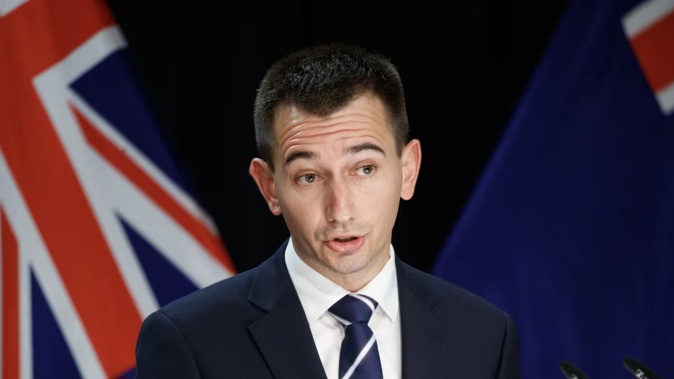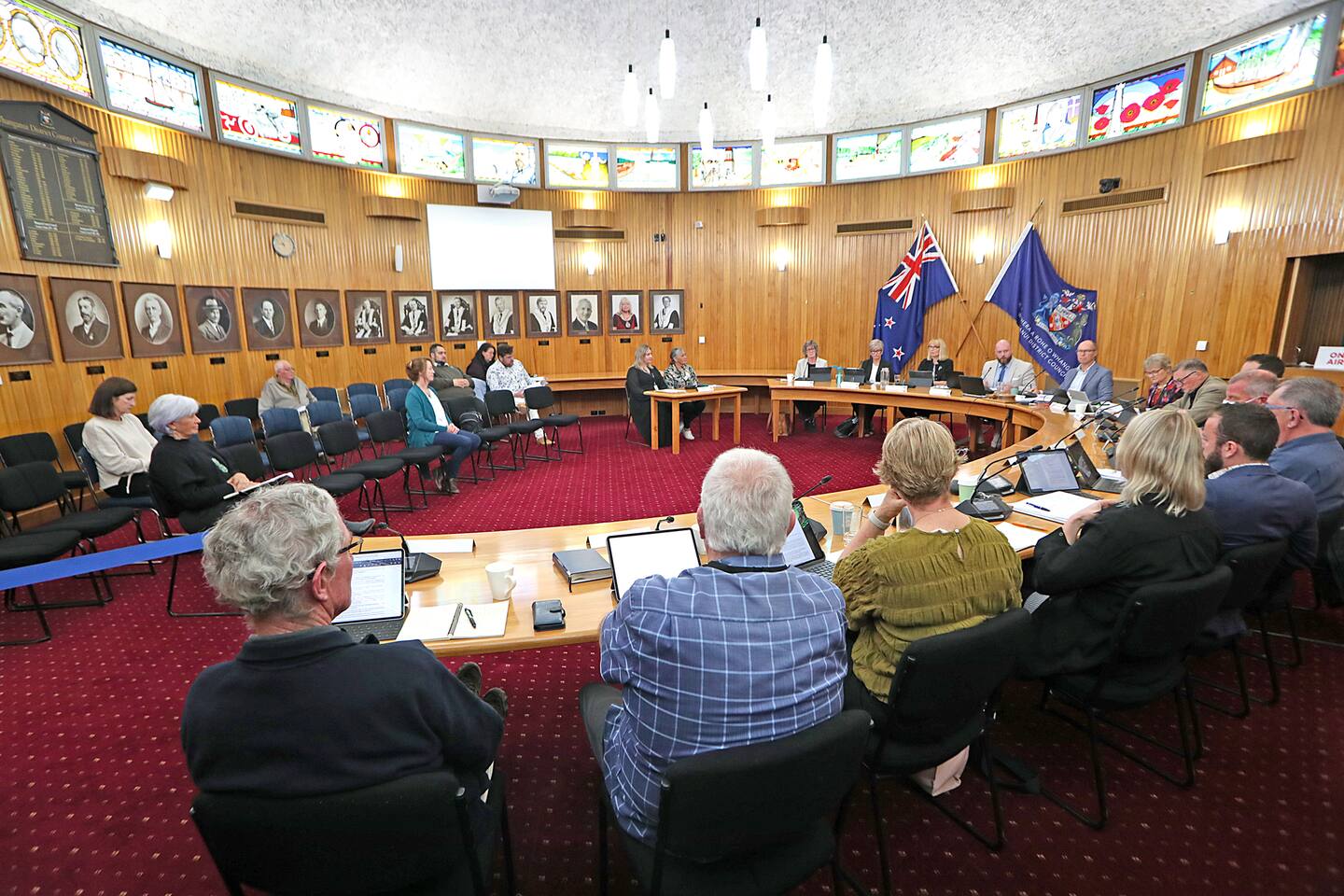
The Government is restoring the ability to hold referendums on Māori wards, satisfying a condition National agreed to in its coalition with both Act and New Zealand First.
Local Government Minister Simeon Brown announced the move today, saying a bill will soon be introduced to allow communities to petition their councils to hold binding polls on Māori ward decisions, including polls on wards established after the previous government removed the ability to hold such referendums.
In 2021, the then Labour Government rushed through legislation to ensure councils planning to set up Māori wards in the 2022 local body elections would not have those wards overturned through a public referendum.
Under the old laws, at least five per cent of voters could demand a referendum be held on whether to have a Māori ward.
Supporters of the wards said they provided a more sustainable avenue for improving the democratic representation of Māori interests, while detractors believed the model did not honour the fundamental nature of democracy and the electoral process.
In both its coalition agreements, National confirmed it would “restore the right to local referendum on the establishment or ongoing use of Māori wards”.
Brown today said in a statement the Government was reversing Labour’s “divisive changes”.
“Local community members deserve to have a say in their governance arrangements,” he said.
“The coalition Government’s view is that any decision to establish or disestablish a Māori ward is one that should remain with communities.
“This does not affect councils’ responsibilities to consult with mana whenua on issues that affect them.”

Whanganui District Council voting on Māori wards in October. Photo / Bevan Conley
The announcement was intended to give councils certainty ahead of local body elections next year. Results of referendums held by councils alongside those elections would take effect from the local government term beginning October 2028.
Councils could also choose to reverse their recent Māori wards decisions this year. In the 2022 local elections, 35 councils adopted Māori wards.
The Wairoa District Council, Waikato Regional Council and the Bay of Plenty Regional Council wouldn’t be affected by the Government’s decision, given they formed Māori wards prior to the 2021 law change.
Ōpōtiki District Council was also not required to hold a referendum after it conducted a poll at the 2022 elections, which found locals were in favour of Māori wards.
Act leader David Seymour welcomed the move as a reversal to Labour’s attempt to “force undemocratic Māori wards on communities that do not want them”.
“They removed New Zealanders’ democratic voting rights because they believed voters couldn’t be relied on to vote the right way.
“The decision of whether councils should establish Māori wards ought to lie with the communities themselves, not Wellington.”
NZ First leader Winston Peters made similar comments, saying the “true democratic process” would be restored.
Adam Pearse is a political reporter in the NZ Herald Press Gallery team, based at Parliament. He has worked for NZME since 2018, covering sport and health for the Northern Advocate in Whangārei before moving to the NZ Herald in Auckland, covering Covid-19 and crime.
The article was originally published on NZ Herald, here
Take your Radio, Podcasts and Music with you









